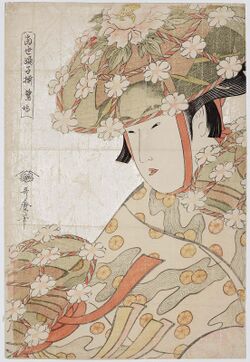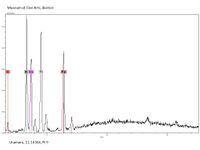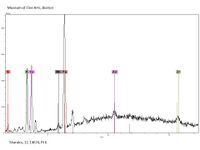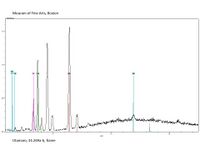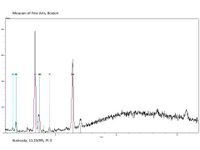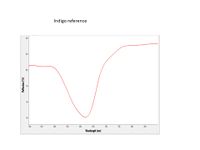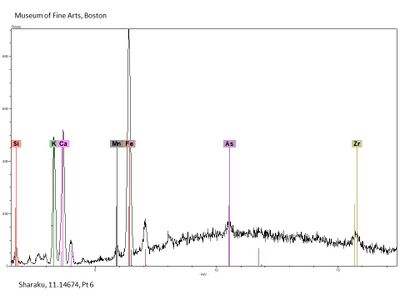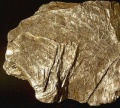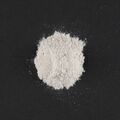Mica: Ukiyo-e colorant
Mica 雲母 (kira or unmo): A group of silicate minerals that cleave into thin, flexible sheets. Mica can appear in a variety of tones depending on its origin and preparation. Mica appears to have been domestically available as well as through trade. Good quality mica was known to have been mined in Mikawa (present day eastern Aichi). It is ground into a powder for use on ukiyo-e prints. Powdered mica can be printed or sprinkled to create a shimmering effect. Paste or animal glue (膠 nikawa) would be used to affix the mica. On its own it is a pearlescent white but mica can also be mixed with a colorant to make colored mica. Pink, mica and a red colorant or dark gray, mica and carbon black are the commonly found colored micas. It can also be found applied over a printed color.
Large fields of mica appears most frequently on prints made during the late 18th century that depicted actors and beautiful women where it was used on the background to highlight the figure.
For additional information see: Mica
Examples of Mica in Ukiyo-e Prints
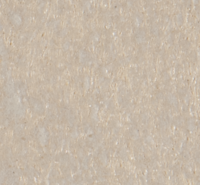
|
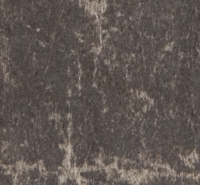
|
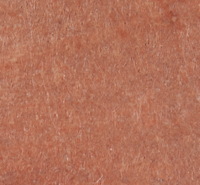
|
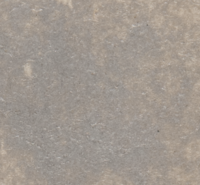
|
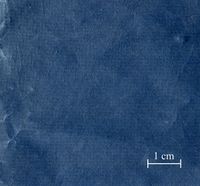
|
Analysis
X-ray fluorescence analysis (XRF) is used to detect silicon (Si), aluminum (Al), potassium (K), and iron (Fe). In conjunction with visual inspection, it is an indication for the presence of mica.
Images of Mica
List of Prints
Below is a list of prints where mica was detected.
Pages in category "Mica: Ukiyo-e colorant"
The following 4 pages are in this category, out of 4 total.
